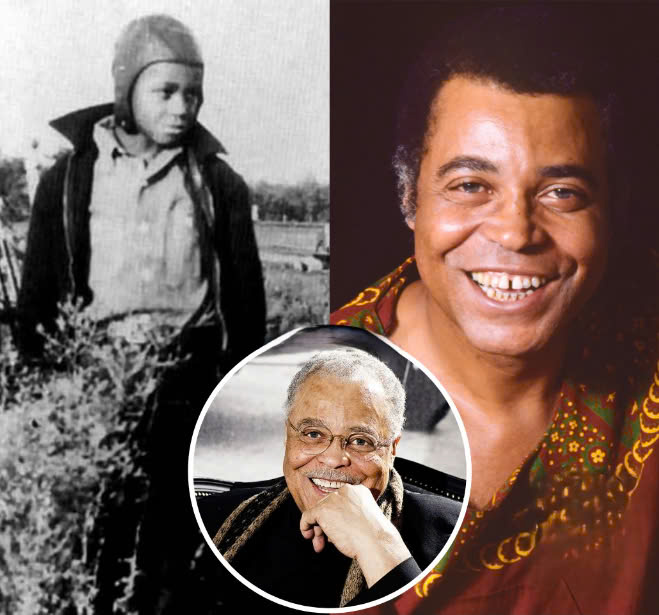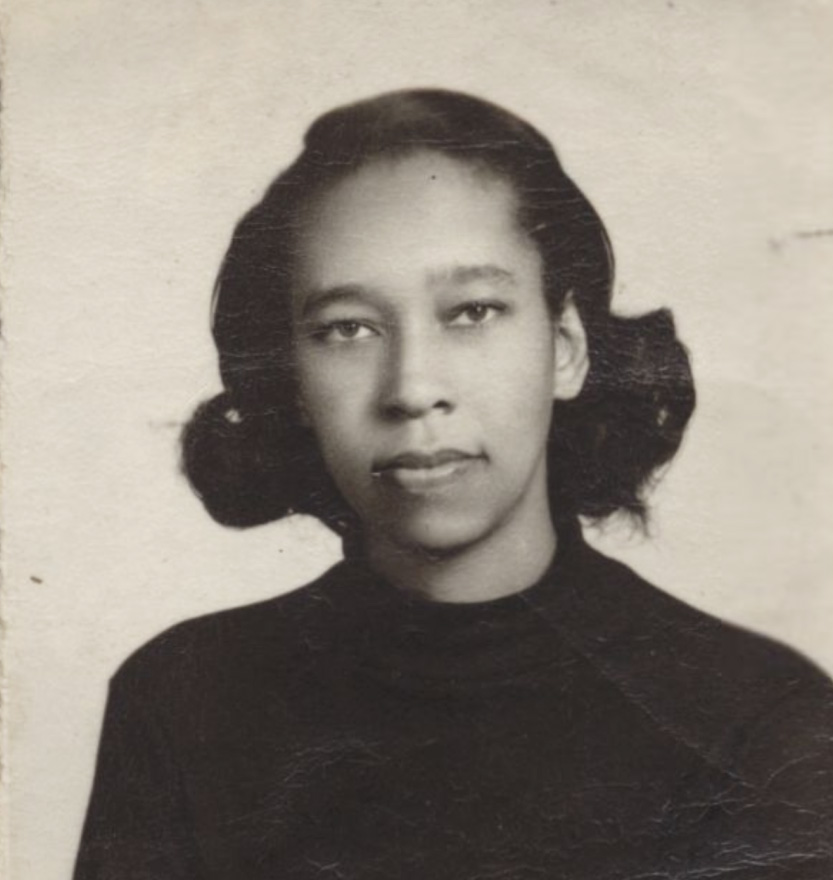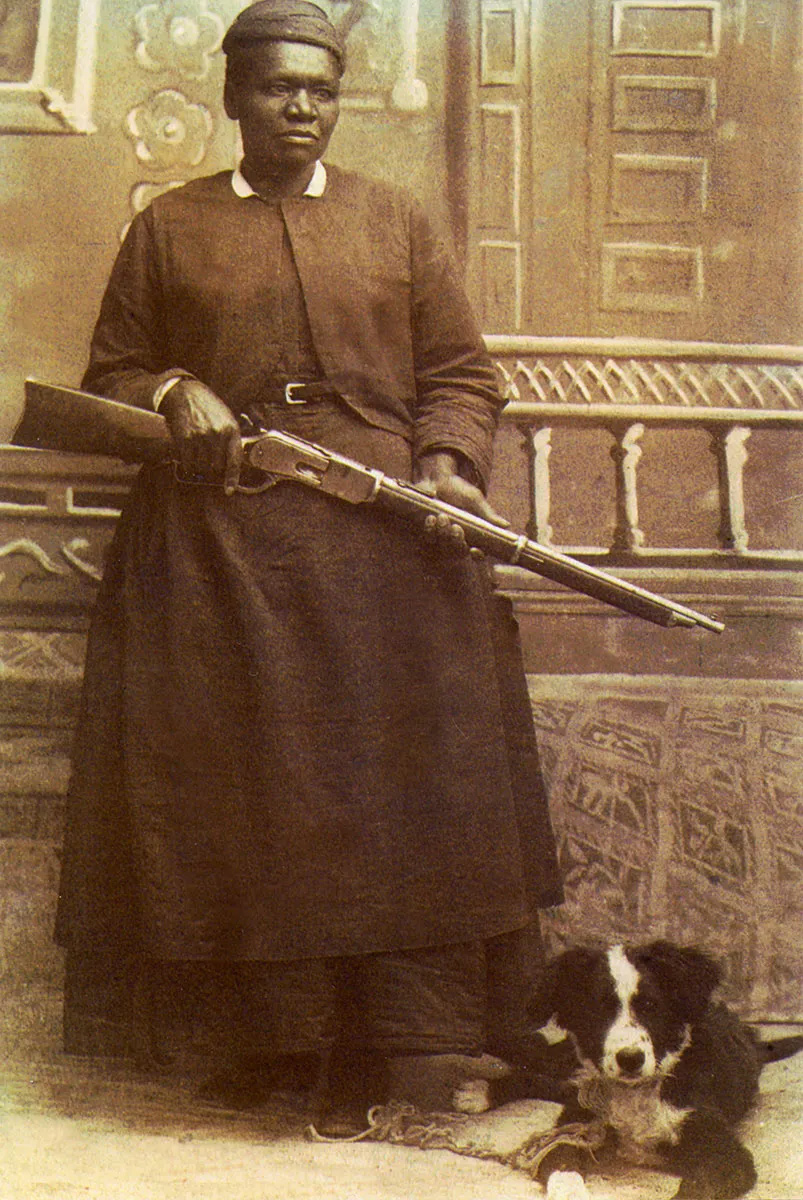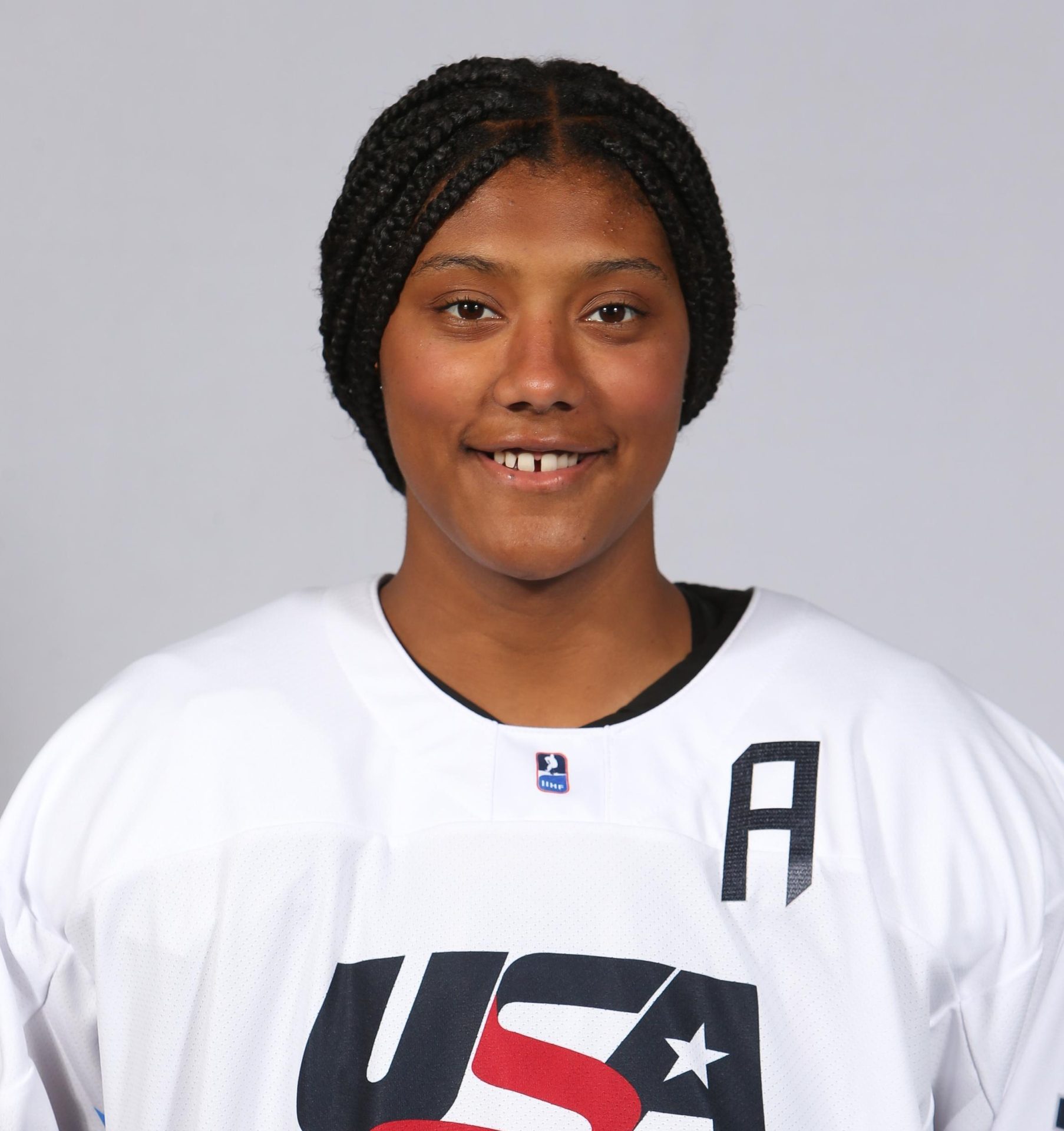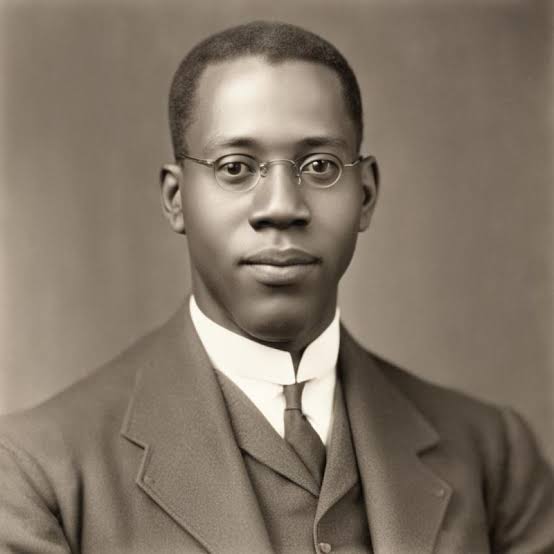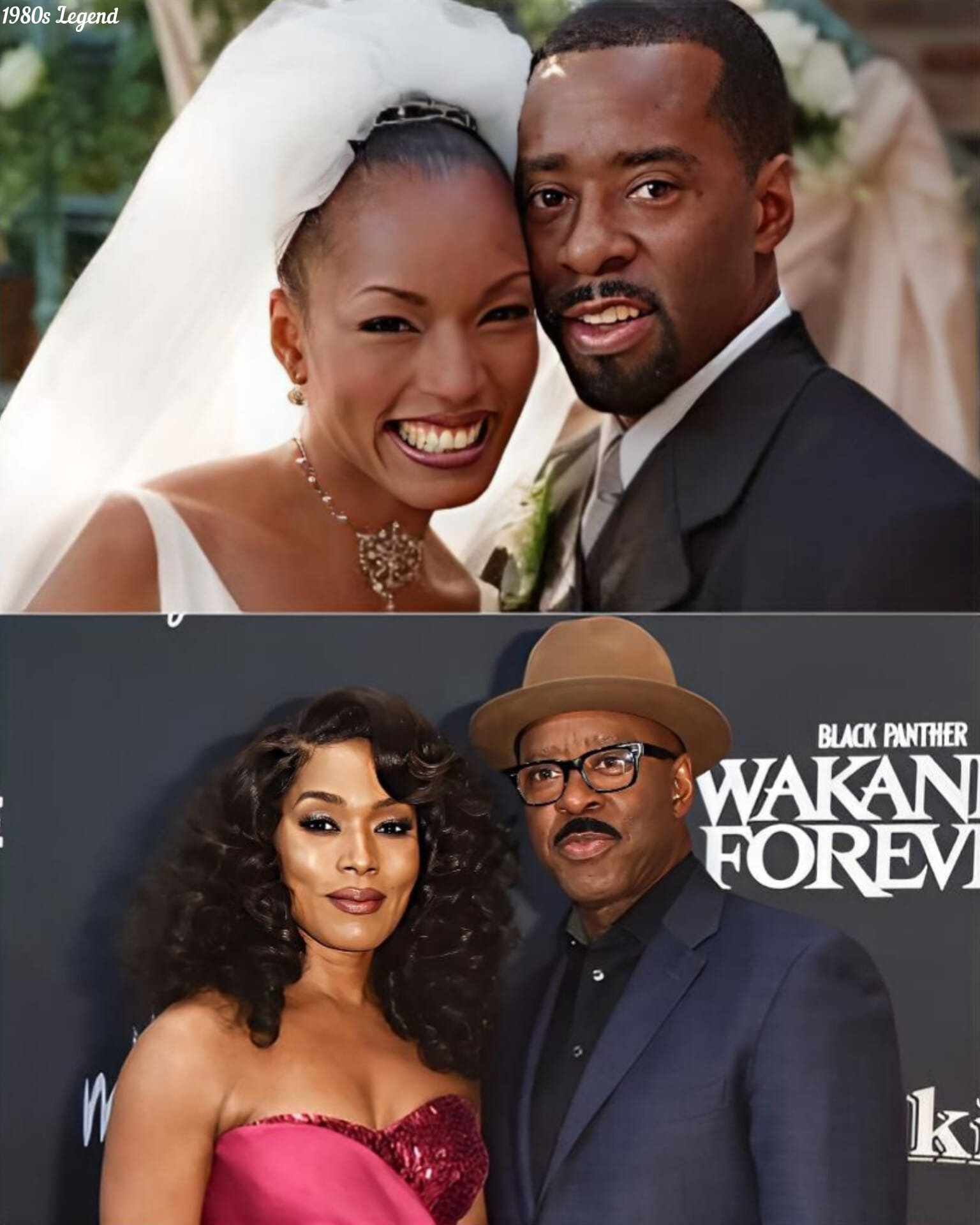December 1, 1933 – Louis Allen “Lou” Rawls was a Black American recording artist, voice actor, songwriter, and record producer was 𝐛𝐨𝐫𝐧 in Chicago, IL, on this date in 1933. He is best known for his singing ability: Frank Sinatra once said that Rawls had “the classiest singing and silkiest chops in the singing game”. Rawls released more than 60 albums, sold more than 40 million records, and had numerous charting singles, most notably his song “You’ll Never Find Another Love Like Mine”.
He worked as a television, motion picture, and voice actor. He was also a three-time Grammy-winner, all for Best Male R&B Vocal Performance. He began singing in the Greater Mount Olive Baptist Church choir at the age of seven and later sang with local groups through which he met future music stars Sam Cooke, who was nearly three years older than Rawls, and Curtis Mayfield.
After graduating from Chicago’s Dunbar Vocational High School, he sang briefly with Cooke in the Teenage Kings of Harmony, a local gospel group, and then with the Holy Wonders.
In 1951, Rawls replaced Cooke in the Highway QC’s after Cooke departed to join The Soul Stirrers in Los Angeles. Rawls was soon recruited by the Chosen Gospel Singers and moved to Los Angeles, where he subsequently joined the Pilgrim Travelers.
In 1955, Rawls enlisted in the United States Army as a paratrooper in the 82nd Air𝐛𝐨𝐫𝐧e Division. He left the “All-Americans” three years later as a sergeant and rejoined the Pilgrim Travelers. In 1958, while touring the South with the Travelers and Sam Cooke, Rawls was in a serious car crash.
Rawls was pronounced dead before arriving at the hospital, where he stayed in a coma for five and a half days.It took him months to regain his memory, and a year to fully recuperate. Rawls considered the event to be life-changing.
Alongside Dick Clark as master of ceremonies, Rawls was recovered enough by 1959 to be able to perform at the Hollywood Bowl. He was signed to Capitol Records in 1962, the same year he sang the soulful background vocals on the Sam Cooke recording of “Bring It On Home to Me” and “That’s Where It’s At,” both written by Cooke.
Rawls himself charted with a cover of “Bring It On Home to Me” in 1970. Rawls’ first Capitol solo release was Stormy Monday, a jazz album with Les McCann in 1962. The next two Capitol releases did well and used Onzy Matthews as the musical director along with a 17-piece big band; both these albums Black and Blue, Tobacco Road charted with Billboard and helped to propel him into the national spotlight as a recording artist.
After leaving Capitol in 1971, Rawls joined MGM, at which juncture he released his Grammy-winning single “Natural Man” written for him by comedian Sandy Baron and singer Bobby Hebb. He had a brief stint with Bell Records in 1974, where he recorded a cover of Hall & Oates’ “She’s Gone.”
In 1976, Rawls signed with Philadelphia International Records, where he had his greatest album success with the million-selling All Things in Time. The album produced his most successful single, “You’ll Never Find Another Love Like Mine”, which topped the R&B and Adult Contemporary charts and went to number two on the pop side, becoming Rawls’ only certified million-selling single in the process.
Rawls’ 1977 Grammy Awards performance of “You’ll Never Find” was disrupted by a coughing fit. In 1982, Rawls received a star on the Hollywood Walk of Fame. On January 19, 1985, he sang Wind Beneath My Wings at the nationally-televised 50th Presidential Inaugural Gala the day before the second inauguration of Ronald Reagan.
He was introduced by Patricia Neal. In 1989, he performed vocals for “The Music and Heroes of America” segment in the animated television miniseries This is America, Charlie Brown. In 1980, Rawls began the “Lou Rawls Parade of Stars Telethon” which benefits the United Negro College Fund.
The annual event, known since 1998 as “An Evening of Stars: A Celebration of Educational Excellence”, consists of stories of successful Black American students who have benefited from and/or graduated from one of the many historically black colleges and universities who receive support from the UNCF, along with musical performances from various recording artists in support of the UNCF’s and Rawls’ efforts.
The event has risen over US$200 million in 27 shows for the fund through 2006. In January 2004, Rawls was honored by the United Negro College Fund for his more than 25 years of charity work with the organization. Instead of hosting and performing as he usually did, Rawls was given the seat of honor and celebrated by his performing colleagues, including Stevie Wonder, The O’Jays, Gerald Levert, Ashanti, and many others.
His final television performance occurred during the 2005-2006 edition of the telethon, honoring Stevie Wonder in September 2005, just months before entering the hospital and after having been diagnosed with cancer earlier in the year. This program, aired in January 2006, contains his final public television performance, where he performed two classics, “You Are the Sunshine of My Life” and a final ode to Frank Sinatra with “It Was a Very Good Year”.
At the time of Rawls’ death, news and UNCF figures noted the significance of his final performance, “It Was a Very Good Year.” The song is a retrospective of one’s life and its lyrics include, “When I was seventeen, it was a very good year. It was a very good year for small town girls and soft summer nights. And now those days grow short, it is the autumn of years, and now I think about life as vintage wine from fine old kegs, from the brim to the dregs, it pours sweet and clear, it was a very good year.
“The following is a list of Rawls singles that made the top 50 on the Billboard Hot 100. His first Hot 100 entry was “Three O’clock in the Morning” in 1965, and his final was “Wind Beneath My Wings” in 1983. In addition to those two, nine other singles peaked at positions below the top 50 on the Hot 100, and additional singles reached the R&B, Adult Contemporary and Bubbling Under charts. “Love Is a Hurtin’ Thing” – 1966, #13 (also #1 R&B), “Dead End Street” – 1967, #29, “Show Business” – 1967, #45, “Your Good Thing” 1969, #18 (sold over one million copies and was awarded a gold disc), “A Natural Man” – 1971, #17, “You’ll Never Find Another Love Like Mine” – 1976, #2 (also #1 R&B and #1 Easy Listening); certified gold for sales of one million copies, and “Lady Love” – 1978, #24.{R.I.P}
